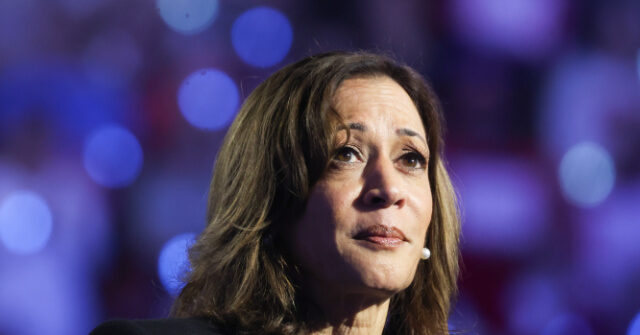In recent political discourse, President Joe Biden’s derogatory remarks about supporters of former President Donald Trump have overshadowed Vice President Kamala Harris’s attempts to unify Americans in her campaign. As Harris sought to consolidate her messaging for a more unifying political stance, Biden’s choice of words—labeling Trump supporters as “garbage”—contradicted her narrative and exposed a rift within the Democratic Party. This confusion comes as Harris has been attempting to pivot her campaign amidst a challenging political landscape, particularly as she has previously branded Trump in extremely charged terms, comparing him to a “fascist” and “Hitlerian dictator.” With only days left before an important electoral outcome, the timing of Biden’s comments drew sharp criticism from Democratic strategists and highlighted the struggle within the party to present a cohesive message.
Several political analysts conveyed that Biden’s remarks disrupted Harris’s momentum at a critical point in her campaign. Strategist Hank Sheinkopf noted that Biden’s comments directly interfered with Harris’s efforts to create a new, more inclusive narrative. He emphasized that the President did not intend to harm Harris but rather inadvertently shifted the focus of the discussion at a crucial moment. The enthusiasm of Harris’s supporters had been on the rise following her rally at Madison Square Garden, and experts suggested that Biden’s timing was ill-fated, as it undermined the positive momentum she had begun to cultivate.
The internal conflict became apparent as individuals within the Democratic ranks expressed concern that Harris needed to establish her own political identity separate from Biden’s presidency. Strategist Chuck Rocha remarked that for Harris to emerge as a true change agent, she must distance herself from Biden’s shadow. The challenge that both Harris and Trump face in this environment is to position themselves as transformational leaders capable of rallying a diverse electorate. The dynamic between Biden’s established presence and Harris’s need for independence poses a significant hurdle as she tries to reassess her campaign strategy.
Press coverage following Biden’s comment reflected the immediate impact on Harris’s messaging, leading to reporters pressing her for clarification. In response, Harris attempted to smooth over the controversy, asserting that Biden had clarified his statement and emphasizing a need to avoid labeling individuals based on their political affiliations. However, the White House’s subsequent actions—releasing an edited version of Biden’s comments—suggested an acknowledgment of the backlash and an aim to control the narrative. This backtrack pointed to a precarious balancing act for both Biden and Harris, forced to navigate and rectify potential fallout from their public statements.
Critics, particularly from the Trump camp, seized on the incident to advance their narrative that Biden and Harris harbor contempt for both Trump and his supporters. Trump campaign spokesperson Karoline Leavitt asserted that Harris did not deserve another term, highlighting the stakes involved for both candidates as they grapple with the implications of their rhetoric in light of an increasingly polarized electorate. This exchange illustrates how quickly political statements can escalate into broader implications for candidates’ image, often leading to intensified scrutiny from opposition groups.
In summary, the intersection of Biden’s controversial remarks and Harris’s campaign strategy underscores the complexities of political messaging within the Democratic Party. As Harris strives to redefine her role and appeal to a diverse voter base, the presence of Biden’s contrasting rhetoric complicates her endeavors. The notion that both leaders must be aware of their impact on each other’s messages reveals broader themes of unity and division within the party. As the election approaches, the need for a coherent and resonant message becomes more pronounced, illuminating the challenges associated with navigating internal party dynamics in a contentious political landscape.

